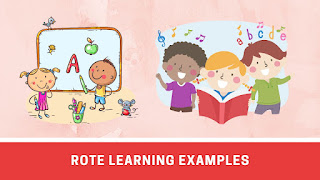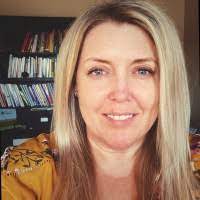Today, 14.11.24 (Malaysian time) the following was Tweeted by:
Kareem J. Weaver @KJWinEducation
I believe Reading Recovery... a program embedded in districts AND universities, is a menace. Parents have no idea this snake oil is being sanctioned, sold, and used on the children who need the most help learning to read.
I know nothing about Reading Recovery or any other reading programmes.
I don’t criticise reading programmes that anyone claims to work. Thousands of teachers successfully teach using various methods.
Why would anyone criticise the video? LINK









